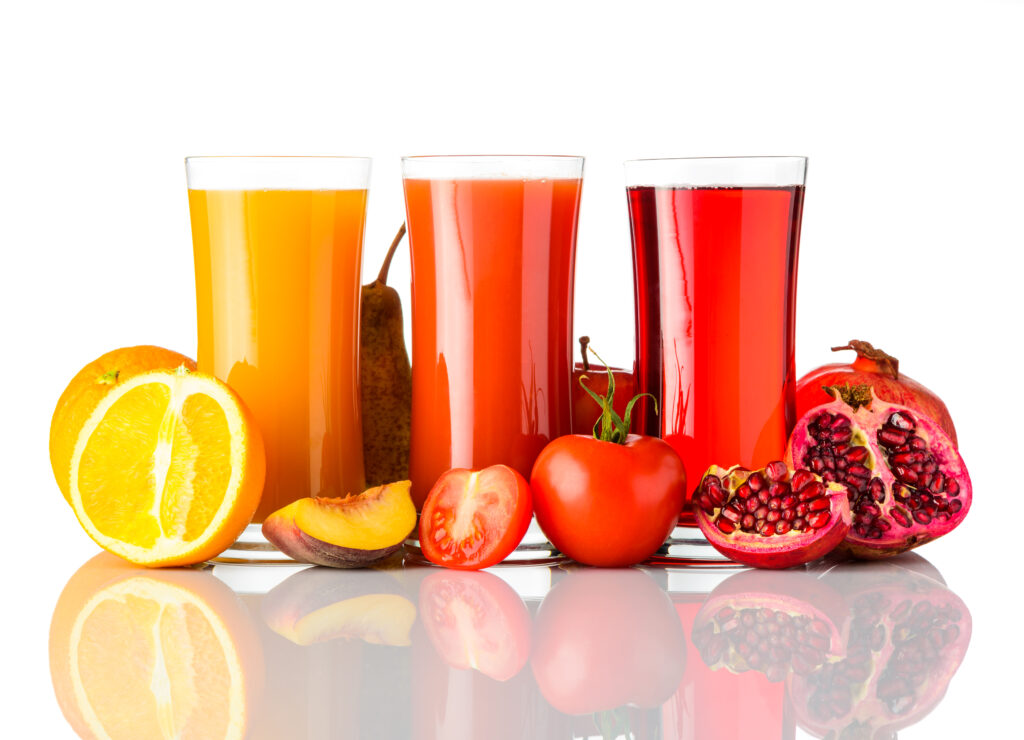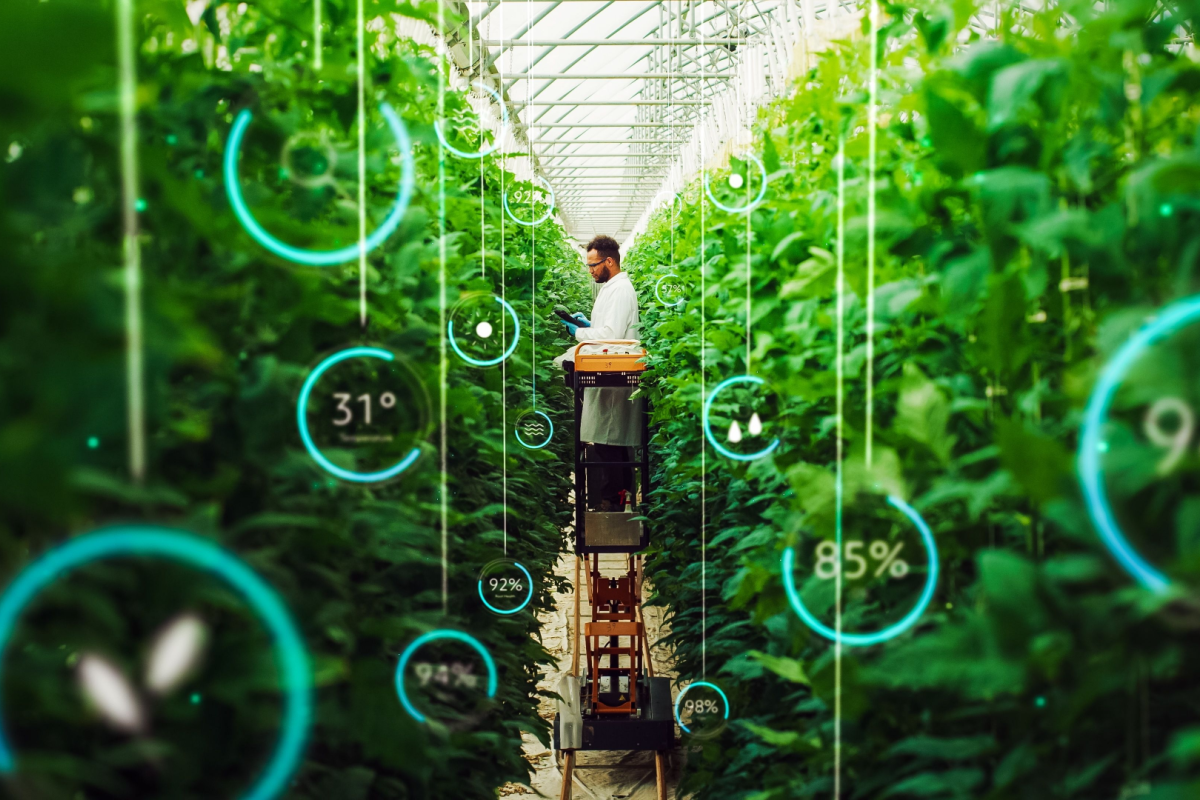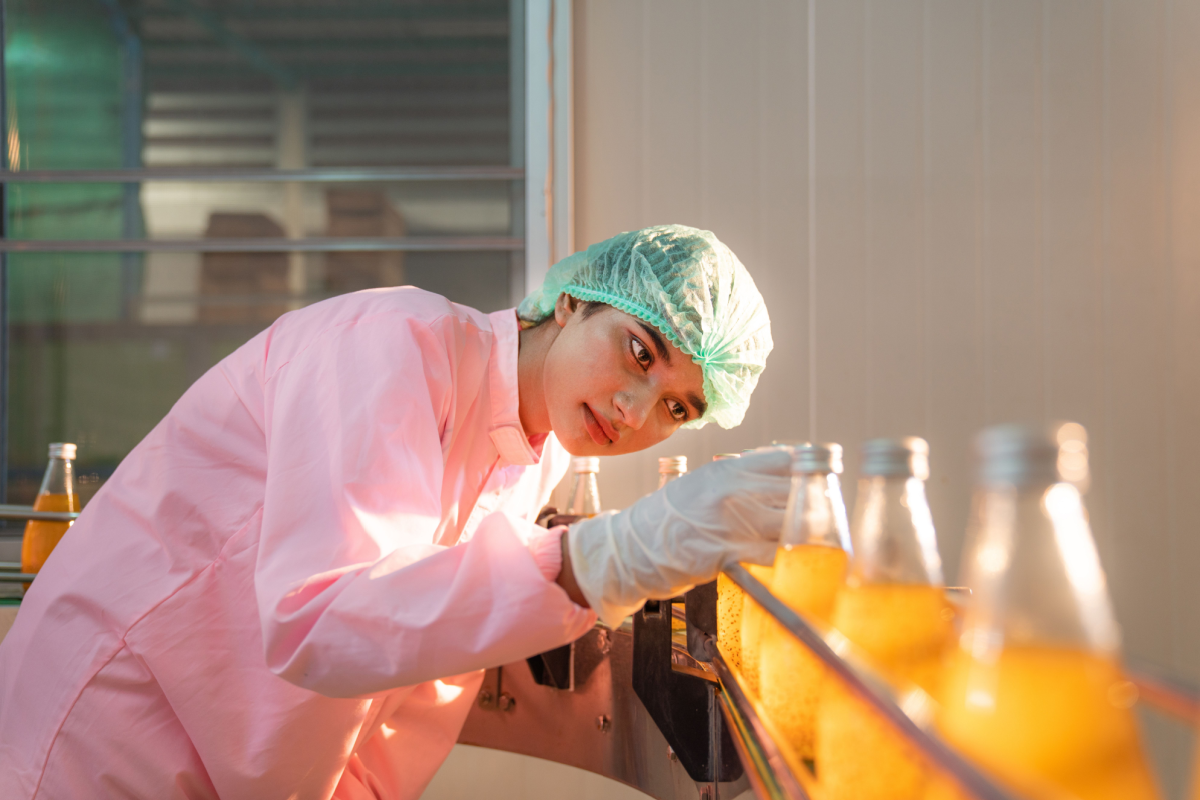The beverage industry has been witnessing a seismic shift toward health-conscious drinking habits. Among these trends, the demand for low sugar juice has surged. Driven by consumers’ growing awareness of the health risks associated with high sugar intake, this demand has spurred innovation among food technology companies. This has led to the development of cutting-edge technologies aimed at reducing the sugar content in fruit juices without compromising on taste or nutritional value.
Why Focus on Low Sugar Juice?
The pivot towards reducing sugar in beverages isn’t just a trend; it’s a response to a global health concern. Excessive sugar consumption has been linked to various health issues, including obesity, diabetes and heart disease. Fruit juices, traditionally perceived as healthy, have come under scrutiny for their high natural sugar content. This realization has led consumers to seek healthier alternatives, pushing food tech companies to innovate.
Low sugar juice addresses this demand, offering a beverage that retains the vitamins, minerals and antioxidants found in fruit but with a fraction of the sugar. This aligns with the broader health and wellness movement, as consumers look for ways to reduce sugar intake without sacrificing enjoyment and taste.
Related: Sugar Free Cranberry Juice: NewTree Fruit Company’s De-Sugaring Technology
Methods and Technologies
Reducing sugar in juice while maintaining its appealing taste and nutritional profile requires sophisticated technology. Here are some of the key methods food tech companies are exploring:
- Membrane filtration: This process involves using a semipermeable membrane to separate sugar molecules from the juice. It allows for precise control over the final sugar content without adding artificial ingredients.
- Vacuum evaporation: By lowering the boiling point of water in the juice under vacuum, this method can concentrate the juice and reduce its sugar content. The process preserves the natural flavors and nutrients of the fruit.
- Enzymatic treatment: Specific enzymes can be used to convert sugars into fibers or other non-digestible forms. This not only reduces the effective sugar content but can also add dietary fiber to the juice.
- Selective breeding of fruits: Some companies are working on growing fruits with naturally lower sugar levels through selective breeding techniques. This long-term approach aims to produce raw materials that are inherently lower in sugar.
Leading Companies
Several pioneering companies are leading the movement, each with a unique approach.
- BetterJuice: This startup has developed a groundbreaking enzymatic technology that converts the sugars in fruit juice into prebiotic and other non-digestible fibers. BetterJuice’s solution can reduce up to 80 percent of the sugars in juice, making it a game-changer in the production of low sugar beverages.
- BlueTree: This company has created a unique technology capable of physically reducing the sugar content by up to 50 percent in 100 percent squeezed natural orange juice. This innovation can be applied to any high-sugar natural liquid.
- IncreBio: This Bangkok-based startup has pioneered a groundbreaking fermentation platform that manages the activity of sugar-reducing microbes inside a bioreactor. This innovative approach is designed to consume the sugar in the beverage, achieving a reduction of 99.7 percent of natural sugar without resorting to genetic modification.
While not a company, the Juice Products Association (JPA) represents the juice industry’s collective efforts to address sugar concerns. It advocates for research and development in low sugar juice production methods and supports member companies in adopting these technologies.
This beverage trend is more than a fad; it’s a reflection of a deeper shift toward health-conscious consumption. The technologies being developed to produce low sugar juice are not only innovative but are setting new standards for the beverage industry as a whole. Companies and startups in this arena are leading the charge, ensuring that consumers can enjoy their favorite juices in a healthier, more responsible way.
As these technologies continue to evolve, we can expect the low sugar juice market to expand, offering even more options for those looking to reduce their sugar intake. This sweet revolution in the beverage industry represents a significant step forward in aligning consumer preferences with nutritional needs, proving that it’s possible to enjoy the flavors we love in a healthier way.
If you want your company to be featured on Xtalks.com, please email [email protected].












Join or login to leave a comment
JOIN LOGIN